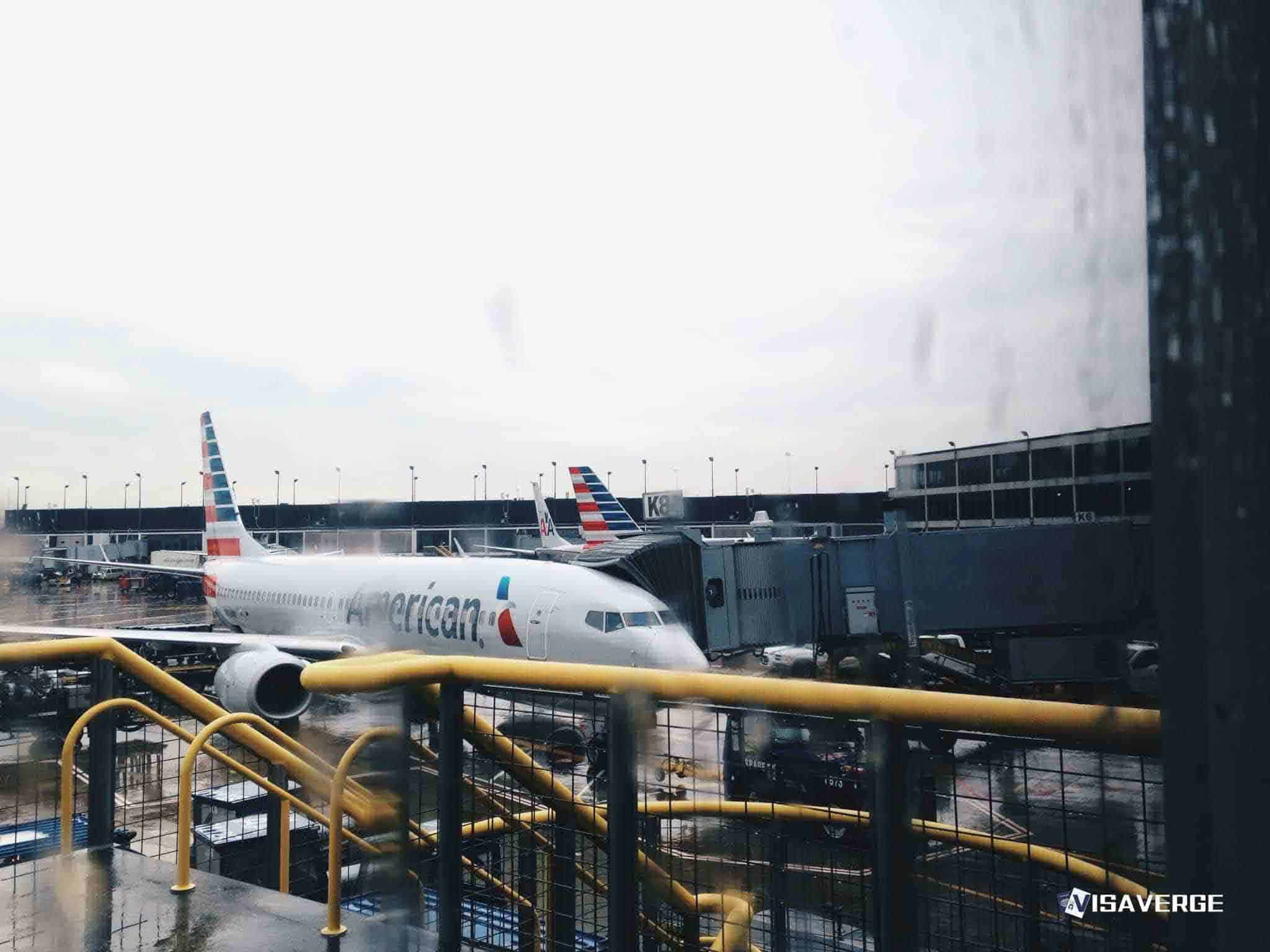Google has tightened its “Work From Anywhere” policy, moving away from the loose pandemic-era approach and toward strict limits on when and where employees may use remote work privileges. The shift, rolled out in mid-2025 and enforced through October 15, 2025, affects how staff plan short-term travel, cross-state or cross-border stays, and time zone flexibility. It also carries real effects for people on work visas, for teams that depend on predictable schedules, and for employers trying to manage tax, labor, and immigration risks. According to internal guidance summarized by managers and confirmed in company communications, the company now treats WFA as a narrow benefit for short-term travel or relocation and no longer as a day-to-day remote work workaround.
At the core, Google’s revised rules shut down the common practice of sprinkling a day or two of WFA at home or in nearby offices. Workers used to treat WFA as a flexible add-on to hybrid routines. That use is now off the table.

Under the update, a single WFA day used in any week consumes that entire week from a staffer’s annual allocation, which is set at four weeks per year. This week-based deduction model sharply speeds up how fast people exhaust their allowance. The company says this change restores the original purpose of WFA as time away from home or one’s local office, not as a second path to stay home during a standard workweek.
Key Limits and Rationale
The tightest limits fall on cross-state and cross-border use. Google says staff cannot use WFA from other U.S. states or from international Google offices. Internal notes point to “legal and financial implications of cross-border work” as the reason.
That phrase covers a wide range of risks:
- Tax exposure to new jurisdictions
- Payroll and benefits complications
- Local labor law triggers
- For visa holders, possible conflicts with worksite terms listed in immigration filings
By drawing a hard line, the company aims to avoid those traps rather than clearing them case by case.
Leadership has framed the shift as a return to the intention of the policy rather than a new clampdown. John Casey, Google’s VP of Performance & Rewards, has said the changes are meant to restore the original spirit of WFA.
The company also now requires workers on WFA to keep business hours based on the location where they are physically working. That clause pushes teams toward consistent overlap and curbs the strain of chasing schedules across wide time gaps.
Policy Changes Overview
Google’s revised WFA approach carries five core elements that now guide how staff may plan remote periods:
- No more WFA for home or local office use.
- Employees can’t use a WFA day to stay home or to sit in a nearby Google office.
- The benefit is now strictly for time spent away from home and the local workplace.
- Week-based deduction.
- Using any WFA day during a week reduces the annual allocation by a full week, accelerating how quickly people hit the four-week cap.
- Restrictions on cross-state and cross-country use.
- Staff may not use WFA from Google sites in other U.S. states or abroad due to the “legal and financial implications of cross-border work.”
- Time zone alignment.
- Workers on WFA must follow business hours tied to the location where they are working.
- Return to original intent.
- Leaders say WFA was always meant for short travel or temporary relocation, not for substituting regular remote work within a hybrid model.
Impact on Visas, Workers, and Employers
These limits reshape planning for teams that include people on U.S. work visas like H-1B, L, or O. For those employees, the location listed in company and immigration records often sets the terms of lawful work.
- A shift to another state or country can affect:
- Payroll withholding
- Wage rules
- Place-of-work conditions
- Possible need for extra authorization
By blocking cross-state and cross-border WFA, Google reduces the risk that an employee’s location creates new filings or compliance issues. The change may frustrate staff who want short stints near family, but it reduces the odds of costly mistakes for both company and worker.
This move also reflects growing caution around “digital nomad” behavior. After the pandemic, many professionals blended international travel with work. Governments tightened tax collection and enforced labor rules tied to physical presence, making it difficult for a large company to track and support scattered temporary worksites.
Cultural and Operational Effects
The time zone rule marks a cultural reset. Managers often cite the need for shared hours to keep projects moving. Strict alignment puts the burden on the traveler to fit local business hours, not on the team to stretch meetings across continents. That may feel rigid for staff who value location freedom, but it focuses on predictable schedules and reduced coordination costs.
From a retention standpoint, the picture is mixed:
- Some workers will accept the swap—less flexibility in return for steadier expectations.
- Others who prize location freedom may look for firms that still promise true WFA options.
According to analysis by VisaVerge.com, wide swings in policy can drive top performers to seek roles that keep international flexibility, especially if they built their lives around it during the pandemic years.
Google’s move also signals to the market. When a company with Google’s reach curbs WFA, it gives cover to peers that want to do the same but fear losing talent. The updated policy may accelerate a broader trend toward tighter hybrid plans among large employers, particularly those with many visa holders and complex state tax footprints.
What Remains Unchanged
- The company says hybrid work, such as two days per week from home for eligible roles, remains unchanged.
- The revised rules target only the special allowance meant for travel or temporary relocation.
- In practice, employees can still follow a local hybrid schedule if their team and role allow it, but they cannot mix WFA days in a way that keeps them at home or bouncing between nearby sites.
Enforcement and Manager Guidance
Enforcement matters. Managers have told teams that:
- The system will track WFA weeks
- Misuse can lead to warnings or stronger actions, up to termination in some divisions
- Employees considering out-of-state or international work should ask early and expect limits
For visa holders, the stakes are higher. Work visa categories often link a job to a specific employer, job role, and work location. Moving work to another state or country can trigger new tax duties or fall out of line with what was approved. That’s why companies now keep a closer eye on where work is done, not just when.
For general background on U.S. government expectations for specialty occupation visas, see the USCIS H‑1B guidance: U.S. Citizenship and Immigration Services – H‑1B Specialty Occupations.
Practical Advice for Employees
Employees weighing their next move have a few practical steps to consider:
- Ask for contract language that lists allowed locations, WFA limits, and the time zone rule.
- Check internal rules before you travel—some companies require pre-approval for any work outside your home state or country.
- If location flexibility is a top priority, target employers that keep a broad, well-supported WFA model and make rules clear during hiring.
- Talk to tax and immigration professionals before you work from another state or country, even briefly.
VisaVerge.com reports that people on U.S. work visas are asking managers for written confirmation of allowed locations before booking trips—reflecting fears of accidental noncompliance.
Controversial Elements and Cultural Trade-Offs
The most controversial element is the week-based deduction:
- A single WFA day now consumes seven calendar days from the four-week pool.
- This pushes people to plan blocks of time instead of ad hoc days.
- It aims to cut down on sporadic schedule shifts that ripple through teams.
There is also a culture component:
- Managers argue in-person days help teams build trust, solve problems faster, and mentor junior staff.
- By making WFA scarce and structured, the policy places value back on in-office patterns and shared hours.
From a legal and tax perspective, the rationale is clear: obligations and protections often attach to where work is physically performed. Fixing mismatches after the fact is costly and slow, so preventive limits look like risk control dressed as culture change.
Effects on Hiring, Mobility, and Conferences
- Hiring teams can use the policy to set clear expectations for roles that require on-site work or secure labs.
- New hires may negotiate written allowances for WFA locations and time zone rules.
- Global mobility teams will likely run fewer cross-border rotations and ad hoc stays, slowing knowledge diffusion but reducing compliance risk.
- Staff pairing conferences with remote work in other regions may need to take leave or return to base rather than extend trips with WFA days.
For visa holders, bookmark USCIS resources such as: U.S. Citizenship and Immigration Services – H‑1B Specialty Occupations.
Final Takeaways
As of October 15, 2025, employees report the revised WFA policy is active and being enforced. The key guardrails are:
- Four weeks per year of WFA
- One WFA day in a week = a full week charged
- Local business hours must be followed while on WFA
- No cross-state or cross-border WFA
For remote professionals planning the next year:
- Read your company’s policy carefully
- Plan WFA in week-long blocks if you intend to use it
- Keep work inside places your employer approves
- If you need broader freedom, look for firms that still support true WFA with the legal systems to back it up
- If you hold a work visa or plan to cross borders while working, get proper guidance before you go
Google’s update shows how Work From Anywhere promises meet the hard edges of tax law, immigration rules, and the operational needs of large teams. The policy shifts emphasize structure over ad hoc flexibility—clearer rules for many, and a push for those who need more freedom to find employers built for that model.
This Article in a Nutshell
In mid-2025 Google tightened its Work From Anywhere policy and began enforcement on October 15, 2025. WFA is now explicitly a limited benefit for short-term travel or temporary relocation, not a substitute for home or nearby-office remote days. Any WFA day in a calendar week counts as a full week against the annual four-week cap, accelerating allowance use. Cross-state and cross-border WFA are prohibited to avoid tax, payroll, labor, and immigration complications, and employees must observe business hours tied to their temporary physical location. The changes especially affect visa holders, global mobility programs, and teams needing predictable overlap. Managers will track WFA weeks, and misuse can lead to disciplinary action. While hybrid schedules remain for eligible roles, the update emphasizes operational consistency and risk control over ad hoc location flexibility.








